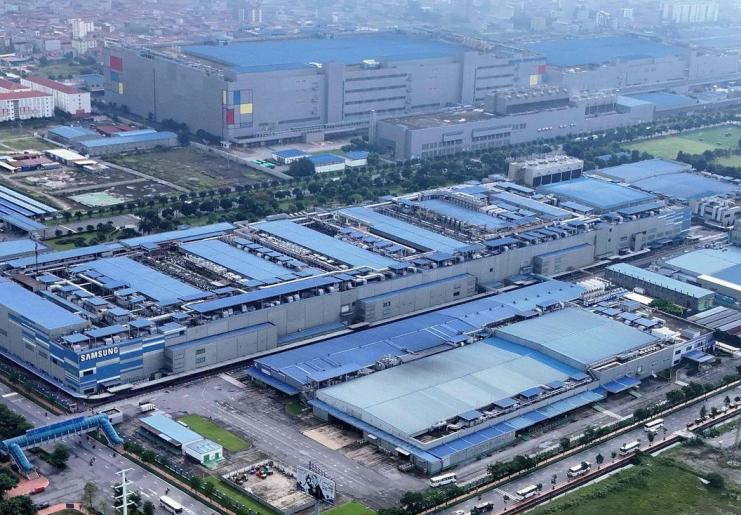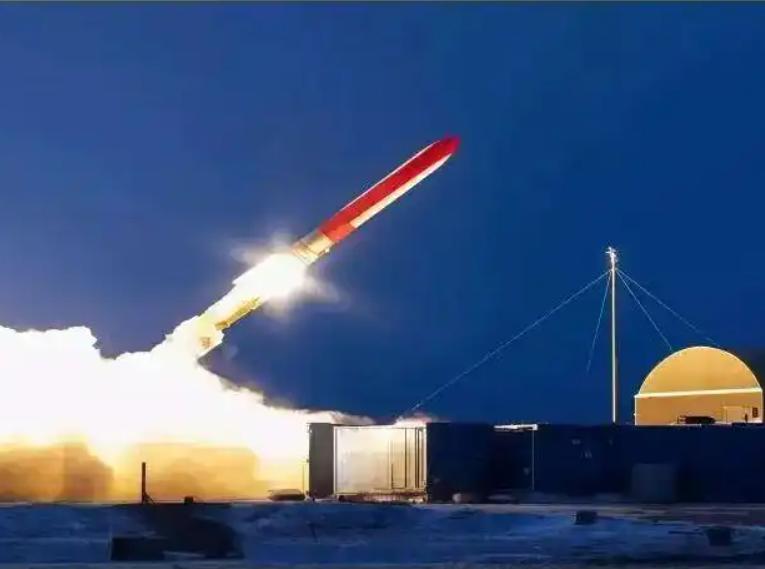
Manufacturing activity continued to expand across much of Asia in July, supported by a rise in new orders, but operating conditions deteriorated in some places.
Manufacturing in much of North Asia, where export growth was better than expected, continued to expand. Taiwan's manufacturing purchasing managers' Index (PMI) fell to 52.9 in July from 53.2 in June, while South Korea's PMI fell to 51.4 from 52, according to data released by S&P Global on Thursday. Japan's manufacturing PMI fell further to 49.1 from 50 in June, index producer au Jibun Bank said.
Bloomberg quoted S&P Global Market Intelligence economist Usamah Bhatti as saying that the July PMI data showed that South Korea's manufacturing sector continued to improve, with output and new orders both rising, but at a slower pace.
In southern Asia, manufacturing PMIs in Vietnam, Thailand and the Philippines remained above the 50-point line, while Indonesia entered contraction territory. Malaysia's manufacturing PMI fell further to 49.7 from 49.9 in June.
China's official manufacturing PMI, released Wednesday, showed factory activity contracted for a third straight month, falling to 49.4 in July from 49.5 in June. The non-manufacturing activity index for construction and services fell to 50.2, below the median forecast of 50.3.

Not long ago, Russian President Putin disclosed a major piece of news at a press conference in Dushanbe, Tajikistan: "We have developed a new type of weapon.
Not long ago, Russian President Putin disclosed a major pie…
In the United States, a government shutdown drama that can …
Recently, according to the Financial Times, British adverti…
As November 5th approaches, the U.S. government shutdown wi…
As American consumers began to meticulously plan their Than…
On October 29 (local time), the Federal Open Market Committ…